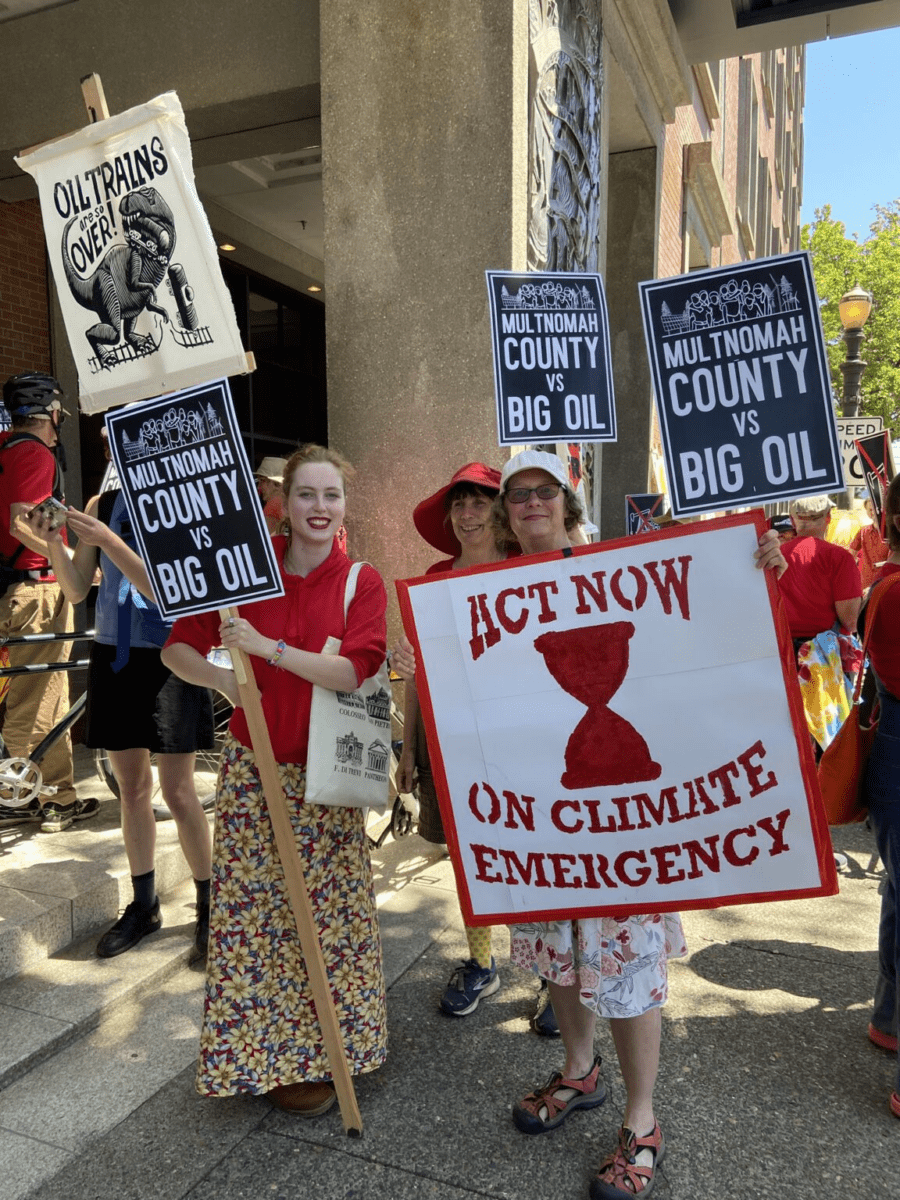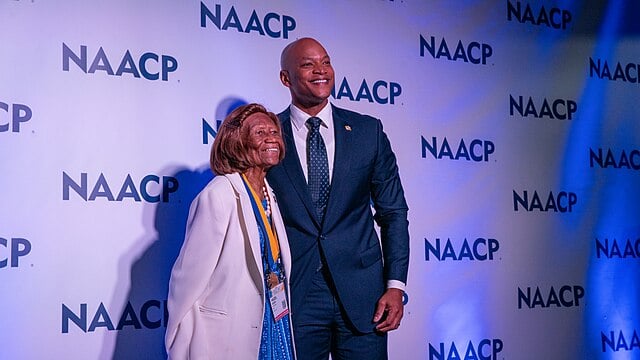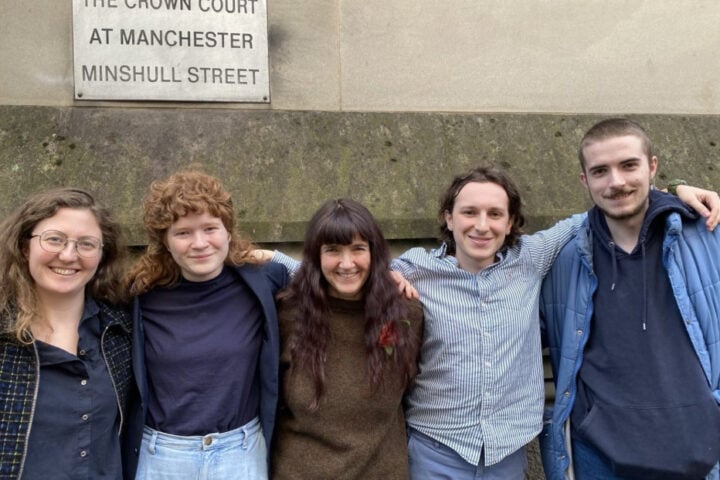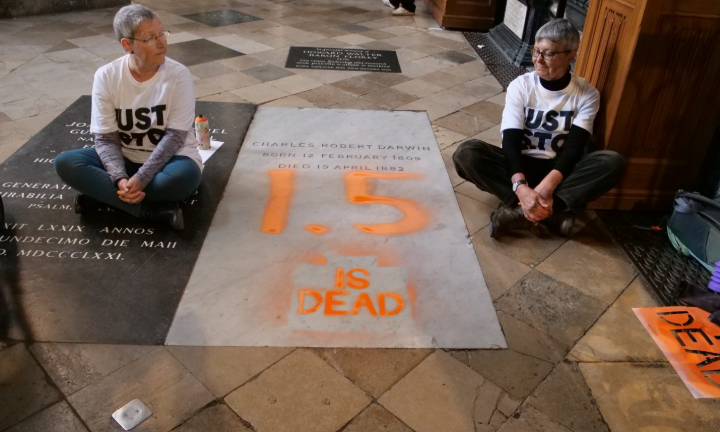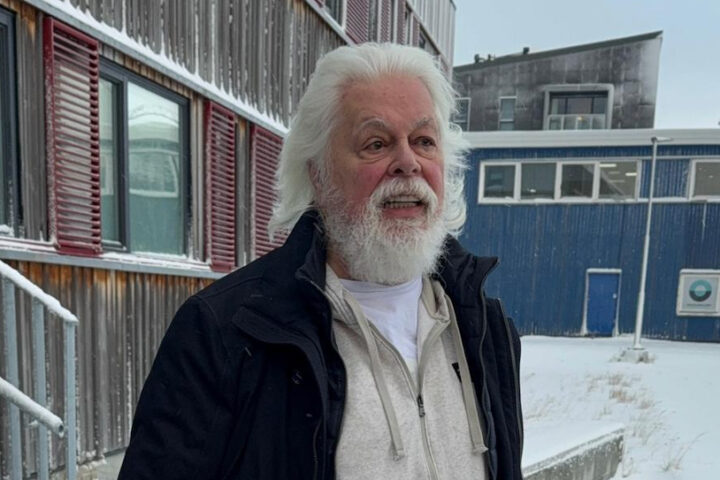Long accused of environmental degradation, the fossil fuel industry faces a staggering lawsuit amounting to $1.15 billion. Attorney Jeffrey B. Simon, renowned for his role in the opioid crisis settlements, is at the forefront of this legal battle against Big Oil, holding them accountable for the 2021 Pacific Northwest Heat Dome disaster.
Multnomah County in Oregon, with temperatures soaring to 108, 112, and 116 degrees Fahrenheit, became the epicenter of this confrontation. The repercussions were dire: 69 individuals succumbed to heatstroke, cable car cables melted, and the infrastructure suffered significant damage.
Delving deep into this ‘heat dome,’ research teams, composed of climate scientists and statisticians, identified it as an unnatural event, stemming directly from carbon pollution. Astonishingly, revelations from studies indicated that corporate giants like ExxonMobil, Shell, and Chevron had knowledge about the environmental consequences of their carbon emissions as far back as half a century ago. These companies, as cited in the lawsuit, had foreseen the escalation in global temperatures and the impending catastrophic climatic shifts by 2030.
Simon’s stance is unequivocal: the community, caught off-guard by this extreme heat phenomenon, was something the defendants had anticipated. This lawsuit transcends mere compensation; it embodies a clarion call urging fossil fuel conglomerates to acknowledge and rectify their carbon footprint.
As the oil and gas sector grapples with its attempts to sidestep state courts, Delta Mercer from the Union of Concerned Scientists posits that we stand at a defining juncture. In a pioneering legal move, Illinois lawyer Melissa “Missy” Sims championed a lawsuit representing 16 Puerto Rican municipalities, attributing the devastation wrought by Hurricane Maria to climate change.
Similar Posts
The legal sphere is abuzz: will this pave the way for more entities to litigate against fossil fuel companies for distinct weather events? Simon’s perspective is that the crux of the matter isn’t the product itself but the deceptive strategies that hindered communities from making enlightened decisions.
Michael Burger of Columbia Law School opines that while policy formulation is indispensable, due to the shortcomings of policymakers, communities are increasingly seeking redressal in the judicial system. As the global community confronts the ramifications of climate change, the onus is squarely on fossil fuel entities and their protracted campaigns of misinformation.
Echoing the sentiments of many, Simon’s fervent assertion stands out: “This community was never prepared for such an extreme heat event, but it was foreseeable to the defendants.” As the global audience watches with bated breath, a pressing question looms: will these legal endeavors usher in a greener, more responsible future?
In the eloquent words of Jeffrey B. Simon, “We’re using the civil justice system to ensure wrongdoers atone for the harm inflicted.” This confrontation with Big Oil transcends a mere legal skirmish; it’s a resounding call for transformative change, compelling industries to prioritize our planet’s well-being over sheer profit.
